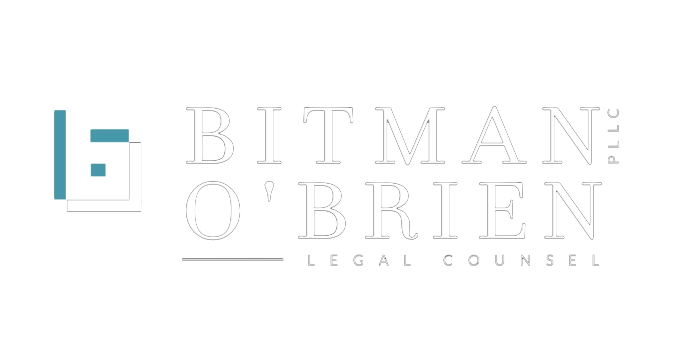With hurricane season in full swing, many homeowners are preparing for the potential damage that could be done to their homes. If you’re a homeowner whose property has experienced damage and now need repairs, you must be aware of the dangers of hiring an unlicensed contractor. Unlicensed contractors often don’t have the proper insurance or training, which means you could be left with a damaged home and no way to fix it. Learn the dangers of unlicensed contracting in Florida and how to keep yourself safe during storm repairs performed by unlicensed contractors.
In Florida, it is a crime for a person or business to contract for compensation without being properly licensed in the State of Florida. Fla. Stat. § 489.127. This law is commonly referred to as the Florida Contractors’ Unlicensed Activity statute. This law aims to protect consumers from unqualified, inexperienced, and uninsured contractors. It also protects legitimate, licensed contractors from unfair competition by those who choose not to follow the rules and obtain a license. Under this statute, it is a first-degree misdemeanor, punishable by up to one year in jail and a $1,000 fine for an unlicensed person or business to advertise or perform contracting work. There are over 27 different types of licensed contractors in Florida.
The first question that must be asked in any home repair situation is whether a licensed contractor is required to complete the job. Small jobs such as painting, laying flooring, yard maintenance, replacing interior doors and trim, and repairing A/C units do not require a contractor’s license; these are considered “handyman jobs.” Any work above and beyond the listed “handyman” activities, such as framing, roofing, and plumbing, would require a licensed contractor. This requires the contractor to possess either a certified contractor’s license issued by the Florida Department of Business and Professional Regulation (DBPR), or a registered contractor’s license issued by the specific city or county where the work is being performed. The most common type of construction license is a General Contractor license, which allows the licensee to perform contracting work such as remodeling, additions, new construction, repairs, and demolition services, as well as allowing the contractor to hire and supervise any specialty contractors such as roofing, plumbing, electrical, mechanical, and pool contractors.
Any contract with an unlicensed contractor for anything other than handyman jobs is unenforceable by the unlicensed contractor. This prohibits the contractor from suing you for breach of contract, but more importantly, it voids any claim of the lien the unlicensed contractor may place on your property. Further, you may be entitled to a refund of the amounts you paid the unlicensed contractor.
Additionally, if an unlicensed contractor does work on your home and is injured while performing the job, you could be held liable for the contractor’s medical expenses. This is because, as the property owner, you are responsible for ensuring that all workers on your property are safe. An unlicensed contractor is not required to have workers’ compensation insurance, which means that you could be held responsible for the medical bills if the contractor is injured while working on your home. In order to protect yourself from the dangers of hiring an unlicensed contractor, always check to see if the contractor is properly licensed before signing any contract. You can verify a contractor’s license by visiting the DBPR website or by calling the city or county building department.
If you think you’ve entered an agreement and signed a contract with an unlicensed contractor in Florida, reach out to the team at Bitman O’Brien & Morat PLLC.

